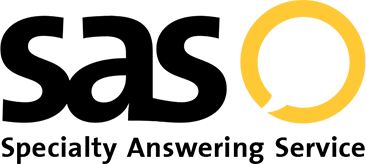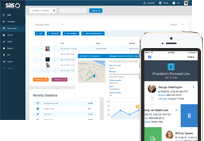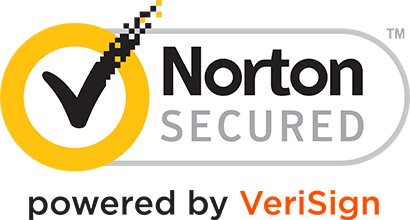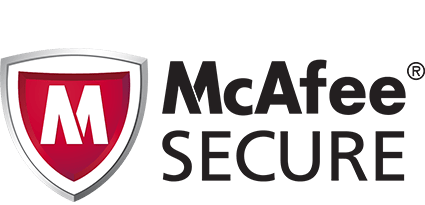- Log In
- Support
- Company
- Contact Us
- Live answers @ 1-888-532-4794
4 Tips to Setting up An Answering Service for a Drug Addiction or Recovery Hotline
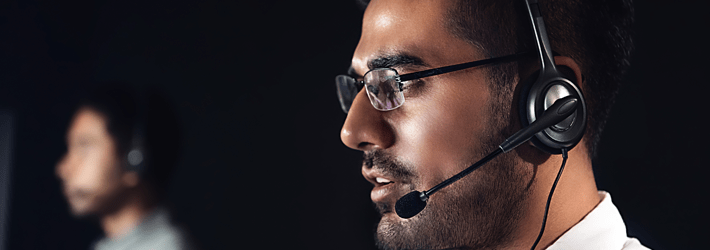
Turn on any news channel, and you’re bound to hear at least one story where drug and alcohol addiction plays a starring, nefarious role. According to the National Survey on Drug Use and Health, conducted by SAMHSA, the Substance Abuse and Mental Health Services Administration, in 2014, 21.5 million American adults battled substance abuse. And DrugAbuse.gov indicates that synthetic opioid-related drug overdose deaths are increasing at an alarming rate, jumping from 14% in 2010 to almost 50% in 2016. With statistics like these, it’s no wonder that SAMHSA’s National Helpline received approximately 70,000 calls per month in the first quarter of 2018.
No family is immune to the ravages of alcohol abuse and drug addiction. And if you run an answering service with addiction medicine or rehab centers on your client roster, then you and your customer service representatives know just how challenging it can be to cater to this ballooning population. While the ideal call center scenario for a drug or alcohol abuse hotline would be one with specially-trained staff and medical personnel manning the phones, the majority of call centers cannot boast this level of expertise. So, how can your answering service be a viable option for drug and alcohol treatment centers? We’ll take you through a 4-point plan with the tools you need to succeed.
#1. When it comes to manning an addiction hotline, empathy is everything.
If you teach your call center staff nothing else, be sure that empathy is at the forefront of their classroom training. Whether you receive calls from concerned family members and friends of people suffering from the disease of addiction, or you are speaking directly with someone who may be ready to check themselves into rehab, your listening skills and compassion have to be second to none. If an addict does not feel that you are truly ready and able to assist them, they won’t stay on the line long enough to wait for you to transfer them to the rehab’s on-call staff. A CSR’s phone etiquette may just be the make-it-or-break-it moment for an addict on the fence. So, help them to refine it and create an atmosphere of support and sensitivity.
#2. A well-planned and well-written call script will account for every type of call and will offer appropriate phrasing to navigate challenging situations.
Answering services that offer scripted, personalized call handling gives you the ability to write empathy and compassion directly into the CSRs’ dialogue. Phrases such as, “We are here to help,” “It’s good that you called in today,” “We will certainly get you the information you need,” and “Let me connect you with one of our experienced counselors,” are all strong transitions that will steer the conversation down the right road.
In addition, it’s important to ensure that the script is clearly laid out and starts off with an opening question that will lead to a specific path. Something along the lines of, “Hello, my name is James. Are you calling for drug and alcohol treatment?” would work. The path to follow might be labeled “Yes – Calling for Treatment.” Continue by asking if the individual is calling for themselves or someone else, and probe further by checking to see if this is a life-threatening emergency, and if the caller is experiencing suicidal ideation. Anything that helps the CSR quickly choose the best path and get the caller transferred to an on-call counselor or an emergency helpline, or easily answer questions, is ideal.
Below we’ve included some sample answering service scripts for drug addiction centers. Feel free to use any of them as inspiration when setting up your own call handling:
- Script Sample 1: This script sample offers pretty straightforward call handling. We are asking the caller if they are having an emergency or not, but gathering the same information and submitting the call to the same person no matter the answer.
- Script Sample 2: This script sample is a bit more involved. After determining if the caller is having an emergency, we ask if they would like for us to contact the on-call employee or just send a routine message. Here we can either go out to the rotating on-call schedule to reach out, or we can just send a standard message. If the caller is not having an emergency we are just gathering information as normal and sending an email through.
- Script Sample 3: This script sample is the most complex of the three as there are multiple calls paths to choose from. The caller could be calling to check in for treatment, they could have questions about the program, or they could be calling to speak with someone specific from the residential facility. Each path has us gathering the same information, but if the caller is calling to check in or if they have questions, we are attempting to transfer the caller. If they want to speak to someone specific we are just sending a message through.
#3. Advanced study of the call script is necessary to maintain call flow and effortless communication.
In most call centers, customer service representatives may never see a script until the first time it pops on their screen with a pending call. While that is fine for straightforward accounts where a simple message is all that is needed, that approach can be detrimental when fielding inbound calls for an account where a certain level of finesse is essential to proper call handling. For medical offices, treatment centers, counseling offices, and the like, taking the time to talk through the script and role play difficult scenarios, such as a caller who is crying or mentions self-harm, will go a long way to ensuring that CSRs are prepared for any situation, know exactly which call path to take, and complete the interaction with the utmost professionalism and care.
#4. Include several key pieces of information in the account’s FAQs, and organize them into categories for faster response time.
When your ability to quickly answer callers’ questions is as strong as your ability to empathize with their concerns, it will improve call quality and lend itself to the impression that operators work directly for the treatment center. That is why a strong Frequently Asked Questions section should be a point of focus during initial account programming. Nearly every FAQs section includes typical details, such as the type of account, the business address, website, etc. This will need to be amplified with questions about the facility and programs offered. For example, consider adding information regarding accepted insurance plans, the counselor-to-patient ratio, types of therapies offered, inpatient accommodations and lengths of stay, outpatient treatment programs, and crisis hotline numbers.
Answering calls for any addiction treatment center will present its own set of challenges, and this is one type of account that may prove to be emotionally draining for call center staff. But there is nothing that thorough scripting and comprehensive training cannot overcome. In a perfect world, no one would need drug and alcohol rehab. Unfortunately, we don’t live in a perfect world; however, as call center professionals, we can do our part to take what is likely an incredibly uncomfortable experience for the caller and turn it into a positive first step down the road to recovery.
Categories
- Advice (32)
- Answering Service 101 (18)
- Best Practices (10)
- Call Center Jobs (6)
- Call Center Software (20)
- Comparison (2)
- Customer Service (30)
- Funny (31)
- Holidays (19)
- Industry Hacks (19)
- Infographics (53)
- International (1)
- Medical (8)
- News (12)
- Phone Etiquette (2)
- Phones (14)
- Pricing (8)
- Quizzes (3)
- Receptionist (11)
- SAS Products (29)
- Scripting (4)
- Services (5)
- Small Business (25)
- Starting Up (7)
- Tips and Tricks (19)
- Uncategorized (1)
- Videos (19)
- Workplace (6)
Recently writen
- Call Center Script Best Practices: Advanced Script Block Tips to Optimize Your Answering Service
- January 2025 Release Notes – Adjustments to Call Details Timeline, New Scripting Updates, Live Transcription, and more!
- April 2024 Release Notes – Voicemail Greetings, Ability to Access Websites With a Username and Password, and more!
- March 2024 Release Notes – New Add-On, Settings Revamp, and more!
Follow Us
How about a demo?
We'll show you how our web portal works and answer any questions you have about SAS.
Schedule a demo



